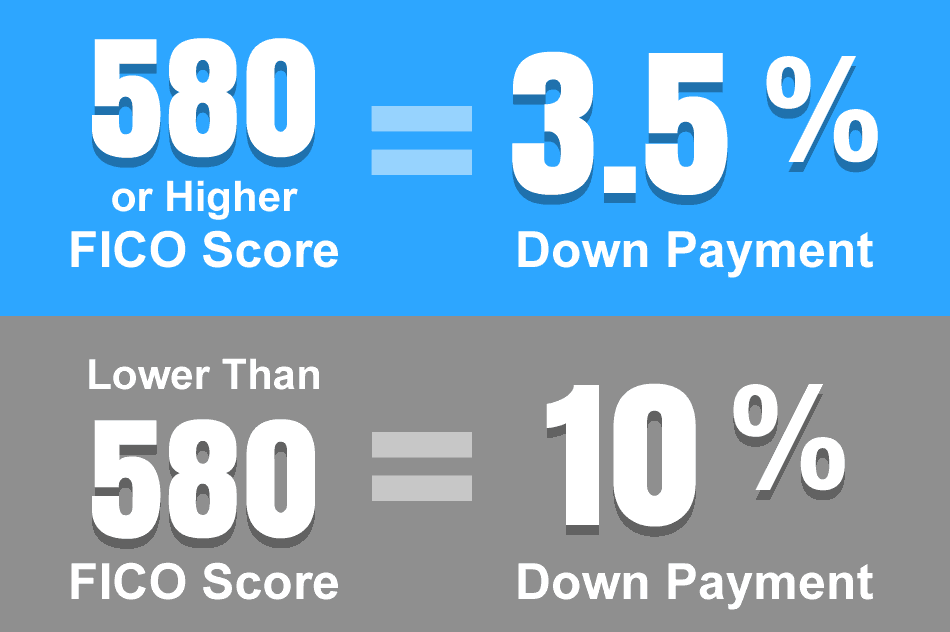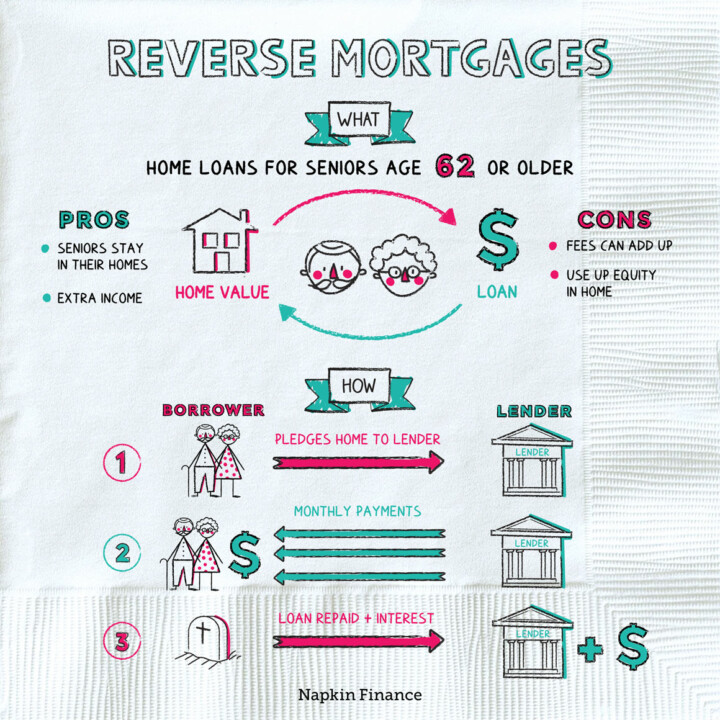Those suggestions can assist you discover focus when making relocate to improve your scores in the months ahead. It's likewise wise to bear in mind the primary elements that impact all credit ratings, and to embrace practices that tend to promote score improvement. When preparing to look for a home mortgage, the following steps are generally a good idea to all customers.
Because of that, a credit check related to a credit or loan application could trigger your credit rating to drop somewhat, although they may not drop at all (what debt ratio is acceptable for mortgages). Ratings also tend to dip when you accept a new loan or credit deal. These decreases are typically simply a couple of points each, and your scores typically recuperate within a few months as long as you keep properly handling your credit, but even minor drops ought to be avoided when you're getting ready for a home mortgage.

Because of that, it makes sense to prevent making any major purchases with your credit cards leading up to a home loan application. Even if you can pay money, it's a good idea to avoid large non-emergency purchases in the year approximately preceding a mortgage application, given that lenders will also consider your savingsand because putting cash reserves toward the down payment on your home rather of investing it now might conserve you thousands of dollars over the life of your home mortgage.
Paying for credit card balances is an excellent way to resolve this. Paying them off entirely is a perfect goal, but that isn't always practical within the span of a year or less. In that case, it's smart to be strategic about which balances to take on when paying off your credit cards.
The Best Guide To How Do Down Payments Work On Mortgages
Understanding how credit utilization impacts your credit rating can help you determine the most intelligent approach to paying for your existing balances. Your total credit usage ratio is computed by including all your credit card balances and dividing the sum by your total credit line. For instance, if you have a $2,000 balance on Charge card A, which has a $5,000 borrowing limit, and balances of $1,000 each on cards B and C, with respective loaning limitations of https://lifestyle.3wzfm.com/story/43143561/wesley-financial-group-responds-to-legitimacy-accusations of $7,500 and $10,000, your total your utilization ratio is:-LRB-$ 2,000+$ 1,000+$ 1,000)=$ 4,000= 18%($ 5,000+$ 7,500+$ 10,000)$ 22,500 You also can determine the utilization ratios on each private card: Many credit rating models begin to dent your ratings when usage ratios near or surpass 30%.
In our example, the overall utilization ratio of 18% is well under 30%, but the ratio for Card A is significantly over that amount, at 40%. So when determining how best to pay for financial obligation to promote credit report improvement, it 'd make good sense in this case to focus initially on lowering Card A's balance.
If you decrease your overall utilization ratio from 32% to 29% you shouldn't expect a major surge in scores. However, higher utilization generally results in reduce credit ratings, and vice versa. Another aspect that plays a major role in your credit report is payment history. Late paymentsespecially recent late onescan substantially drag down your credit history.
If timely costs payments are a challenge for you, consider using technology to assist: Automated electronic payments from your bank account can help you prevent unintentional late payments. Calendar alarms, text-message email tips can help too. Do whatever it takes, because loan providers will likely see a late debt payment within the 12 months leading up to a mortgage application as a substantial warning.

Fascination About What Are Interest Rates For Mortgages
Credit is a significant aspect in identifying your capability to get and afford a mortgage, but it's not the only influence. Some other methods you can take to improve your opportunities of mortgage success consist of: Lenders love debtors who demonstrate good cost savings discipline, and the more money you need to put down on your new house, the less you'll need to borrowand the less you'll invest throughout repaying your home mortgage.
You'll need some money in reserve each month to cover house-related repair and maintenance expenses, in addition to everyday family-related expenses that typically accompany homeownership. Take care to be practical about what your cost savings and earnings will support, and look for a home accordingly. If you're not getting home loan uses you like through the conventional loan application procedure, working with a home loan broker who's familiar with several lending institutions and their target customers could help match you to a loan provider and a loan that suits your requirements.
Consumer Financial Defense Bureau Director Richard Cordray speaks throughout a a hearing in Denver ... [+] where he discussed his agency's proposition on arbitration, in Denver, Colo., on Oct. 7, 2015. (AP Photo/Brennan Linsley) There was some huge news in the world of credit rating this week. The Customer Financial Defense Bureau purchased TransUnion and Equifax to pay more than $23 million in fines and restitutions "for tricking customers about the usefulness and real cost of credit scores they offered to consumers." I've used these and the other credit history services described listed below thoroughly, and these services are advertisers on my individual finance blog site, so I was particularly thinking about the CFPB's orders.
You may know these ratings by their common name, FICO scores. On the other hand, ball games provided by TransUnion https://www.wicz.com/story/43143561/wesley-financial-group-responds-to-legitimacy-accusations and Equifax used exclusive scoring designs, sometimes described as "instructional credit rating." The name originates from the idea that these scores help educate consumers about their credit rating typically. The issue, according to the CFPB, was that TransUnion and Equifax deceived consumers by recommending that the academic credit history they provided were the exact same ratings lending institutions utilized to make credit decisions.
How Many Mortgages Are There In The Us Things To Know Before You Get This
While it may shock some, each consumer has numerous credit report. There are numerous reasons. what is the current index rate for mortgages. First, many consumers have credit information at each of the 3 significant credit bureaus-- TransUnion, Equifax, and Experian. While the credit information must typically be the exact same from one credit bureau to the next, there are often small differences.
Second, there are several credit report models. As the CFPB's orders show, for example, there are FICO scores and instructional credit scores - what is the current interest rate for mortgages?. Within each of these, there are a lot more variations. For example, the CFPB's orders state that FICO alone has offered more than 60 various scoring designs because 2011.
Given the plethora of scoring models, how do we figure out which score a particular lending institution will utilize? According to Fair Isaac, 90% of "top" U.S. lending institutions utilize FICO scores. While that assists narrow the field, bear in mind that Fair Isaac has actually presented more than 60 FICO ratings because 2011. As Fair Isaac notes: You have more than one FICO Scoredepending on what type of credit you're seeking, your lending institutions might examine your credit risk utilizing various FICO Score versions.
A lot of charge card issuers, on the other hand, usage FICO Bankcard Ratings or FICO Score 8. It turns out that the most commonly used FICO rating is the FICO Score 8, according to Fair Isaac. That's true although FICO Rating 9 has been launched. Fair Isaac goes on to provide the following advice:: FICO Automobile Ratings, the market particular scores used in the majority of vehicle financing-related credit assessments.